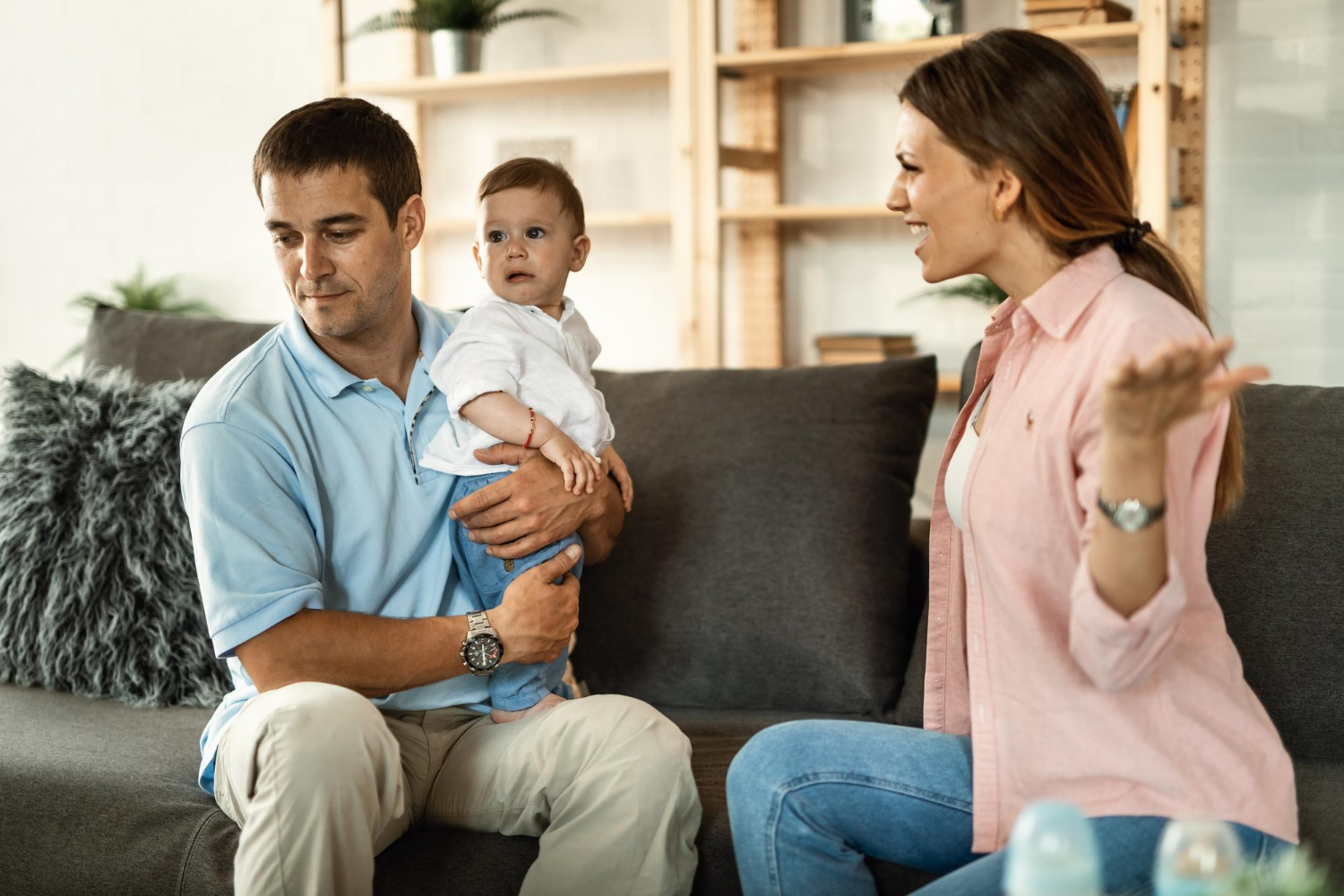When parents find themselves facing the critical issue of guardianship, tensions can run high. Disagreement over who should care for a child or make important decisions can lead to emotional turmoil, complicating the process further. A collaborative approach is essential, prioritizing the child’s best interests while open communication and compromise can pave the way toward a mutually agreeable solution. This guide explores effective strategies to help parents come together in the best interest of their children.
Understanding Guardianship Roles
Guardianship can take different forms, from legal guardians assigned by a court to informal arrangements made between family members. Knowing the roles and responsibilities inherent in these positions is a foundation for understanding. Legal guardians have the authority to make decisions about education, healthcare, and welfare while informal arrangements may lack formal legal recognition and protections. Disagreements arise often when parents have differing views on guardianship’s implications and responsibilities. Emotional attachments and personal experiences can cloud judgment. Understanding each party’s perception and the stakes involved can help parents navigate these conversations, focusing on the child’s needs above all.
Effective Communication Strategies
Engaging in open dialogue is essential. Parents should approach discussions with empathy, aiming to understand each other’s perspectives. Building a supportive atmosphere encourages honesty, which can lead to more constructive conversations. Instead of confronting each other with demands, try to listen actively without interruptions. This means validating each other’s feelings, even if they differ from your own. Using “I” statements helps convey feelings without placing blame. For instance, saying “I feel worried about our child’s well-being” can invite discussion, while “You never listen to my opinions” can escalate tension. Finding this common ground will create the foundation needed for a productive conversation and show the commitment to finding a resolvable solution.
Exploring Mediation Options
When direct communication proves challenging, mediation provides an alternative means of conflict resolution. Involving a neutral third party can facilitate discussions by promoting understanding and offering guidance. Mediation empowers parents to express their thoughts while focusing on the child’s needs. It’s a process where compromise is encouraged, and solutions are co-created, which can relieve any animosity that may have developed during previous discussions. A Michigan guardianship lawyer or your local guardianship litigation attorney may also assist in mediation, providing clarity about the legal implications and potential outcomes. They can ensure that both parties understand their rights and support the process of negotiation more effectively. Having an expert can help reframe the focus toward collaboration rather than conflict, creating a positive outcome for family dynamics.
Involving Trusted Family Members
Sometimes, other relatives can mediate difficult conversations. Trusted family members can provide outside perspectives and foster open communication about concerns and feelings without the baggage stemming from direct parental involvement. When considering the involvement of the family, it’s essential that all parties feel comfortable with the individuals chosen to help. This familiarity encourages the openness that is required for meaningful discussions. It’s vital to ensure that these family members do not take sides. Instead, their role should be to assist parents in hearing each other’s concerns and facilitating a better understanding of the needs of the children involved. Often, this outside support can help reshape opinions and prompt parents to think creatively about guardianship solutions.
Focusing on the Child’s Best Interests
The most crucial aspect of any guardianship discussion is the well-being of the child. Parents should be reminded that personal feelings should take a back seat to what truly serves their child’s advantages. Involving the child in conversations, to an appropriate extent based on their age and maturity, can also provide insights into their preferences and feelings about guardianship. Parents must understand that children often sense underlying tensions and may feel pressured by their choices. It’s necessary to reassure them and invite their input respectfully without pushing them to take sides. Placing the focus on emotional stability, security, and love will reinforce the notion that they are at the heart of the discussions. When parents commit to prioritizing their child, they create a pathway to compromise and agreement.
Legal Implications and Responsibilities
Navigating the legal aspects of guardianship can be overwhelming, especially when disagreements persist. Parents should familiarize themselves with local laws and potential court proceedings that establish guardianship. Seeking advice from a guardianship litigation lawyer can illuminate the options available, including both voluntary and court-appointed guardianship arrangements. Understanding the implications of guardianship beyond the initial decision is crucial. Responsibilities can extend to financial decisions, health care choices, and daily care arrangements. Ensuring that both parties are informed can help to mitigate disputes and create transparency in the process. This clarity will encourage cooperation as parents lay the groundwork for a feasible guardianship arrangement.
Creating a Written Agreement
Once a resolution is reached, documenting the agreements can help prevent future misunderstandings. Writing down the terms of guardianship, including responsibilities and decision-making processes, can bolster accountability for both parties involved. Consistent evaluations of the arrangement should also be outlined, ensuring that changes in circumstances can be addressed promptly. A clear, documented plan can reassure both parents and serve as a guide for everyone involved. As life evolves, an agreement may need refreshing, so building in regular reviews can reinforce a sense of unity in decision-making.
Finding common ground in guardianship disputes requires patience, understanding, and prioritized communication. By approaching the conversation thoughtfully, employing mediation when it seems necessary, and centering discussions around the child’s best interests, parents can navigate the complexities of guardianship together. The ultimate goal remains to ensure the children feel supported and loved, even amid disagreements.
